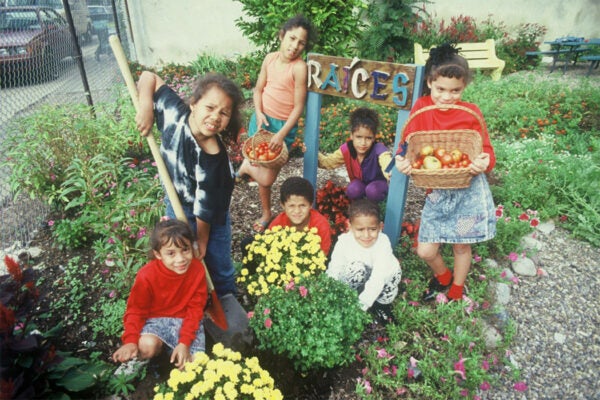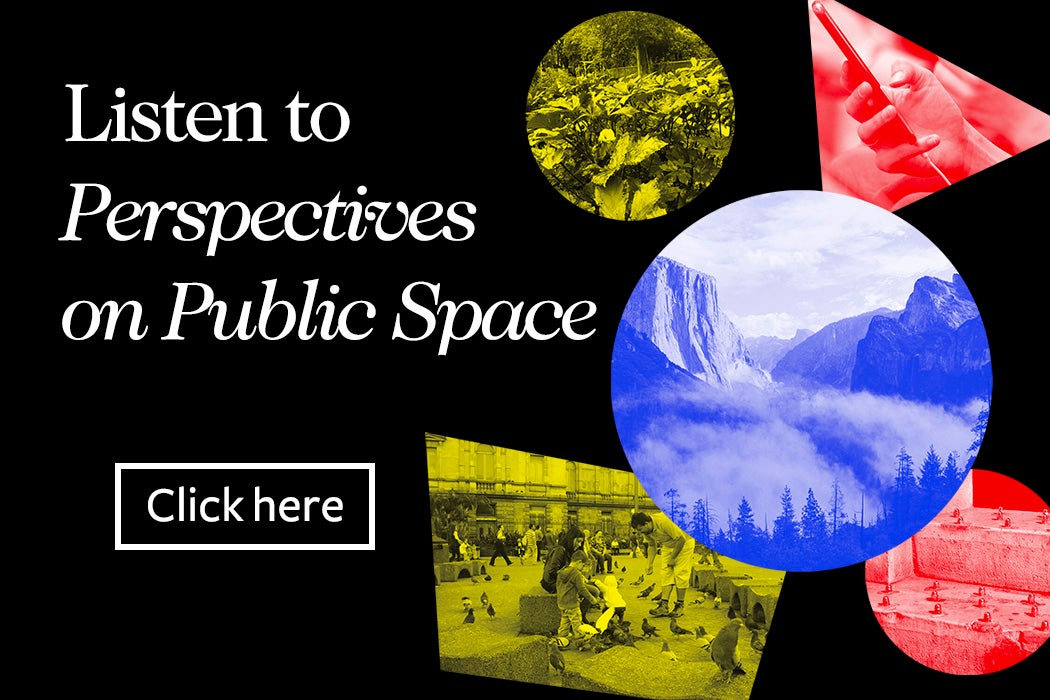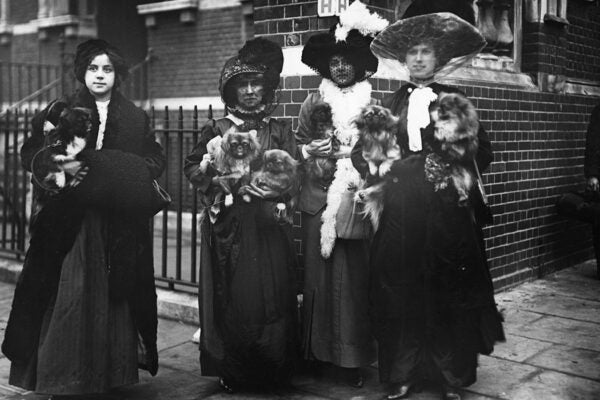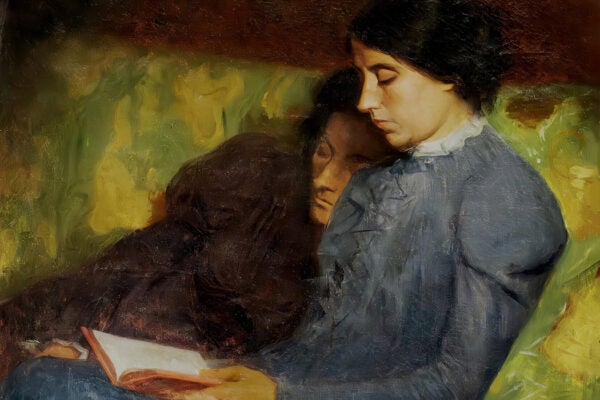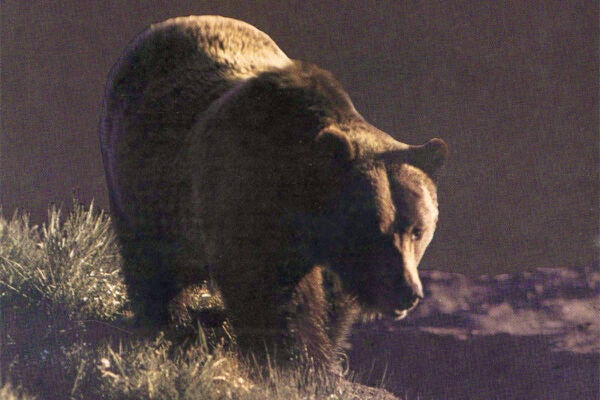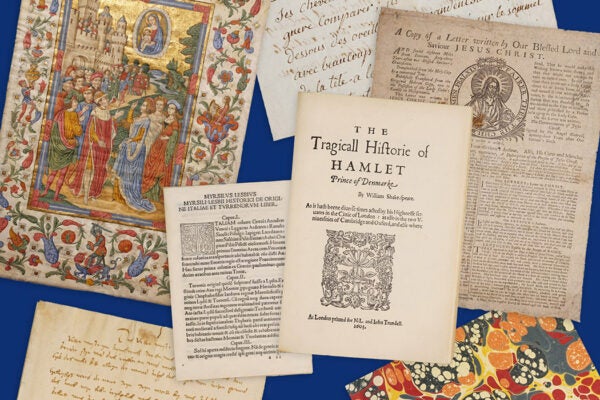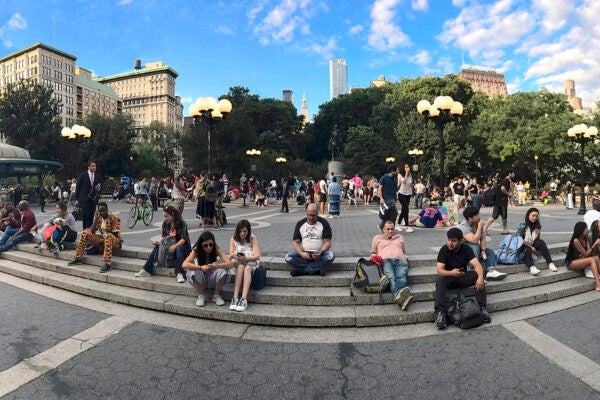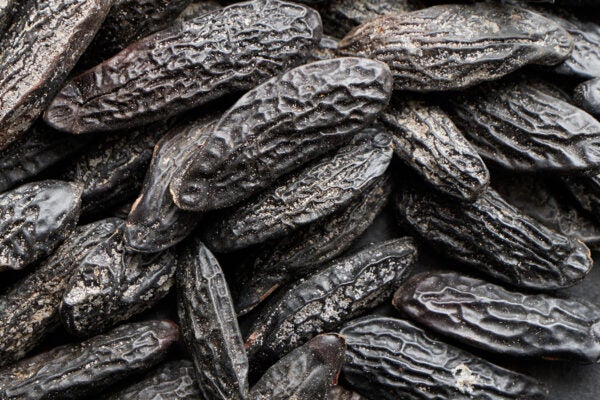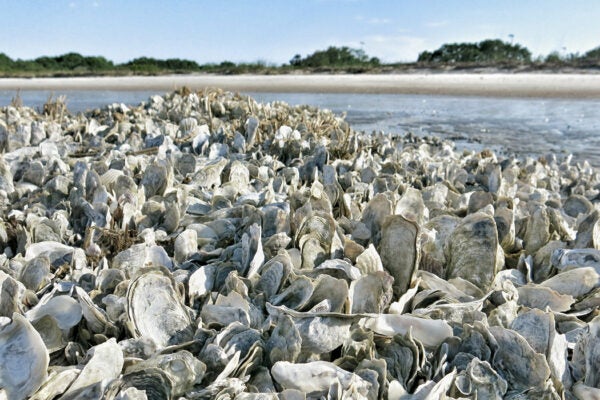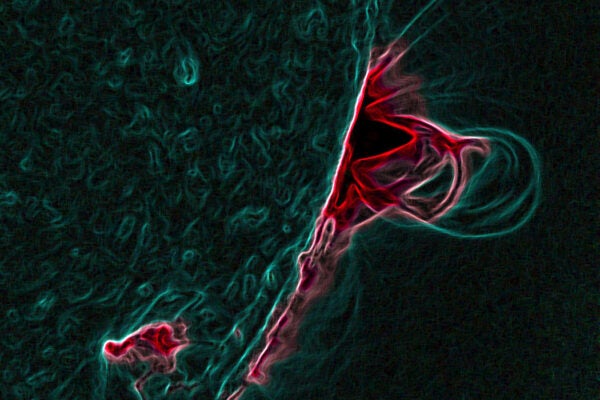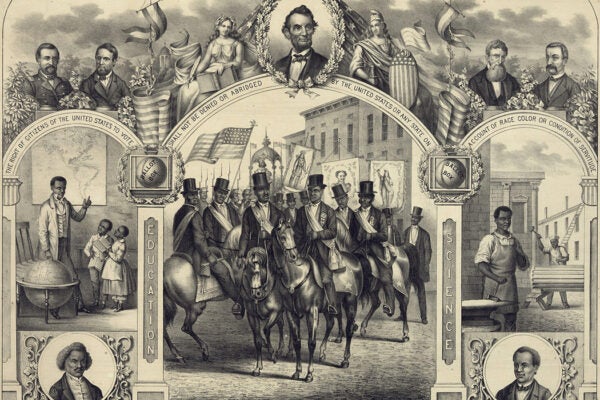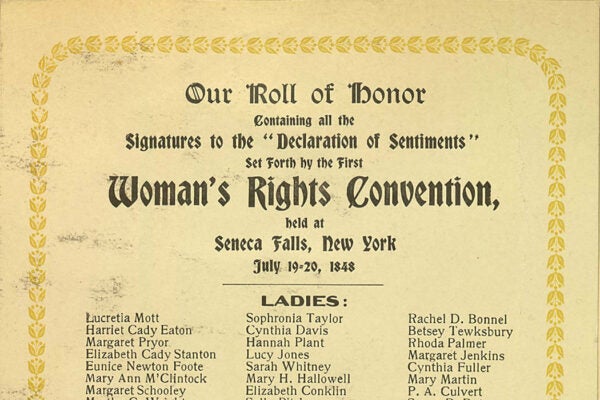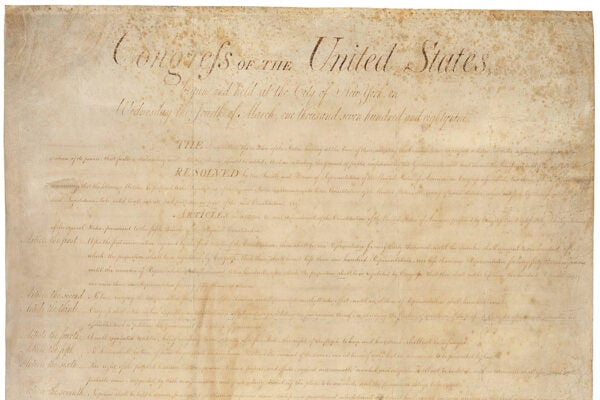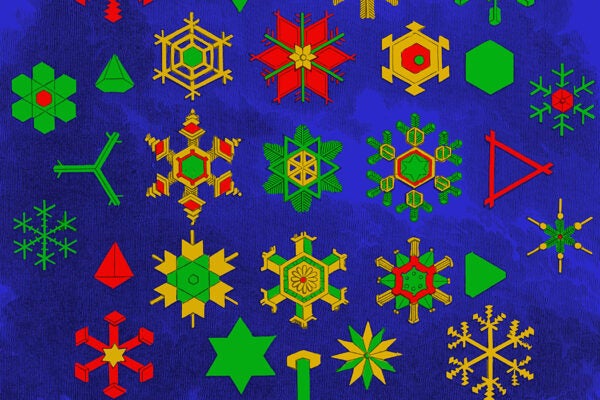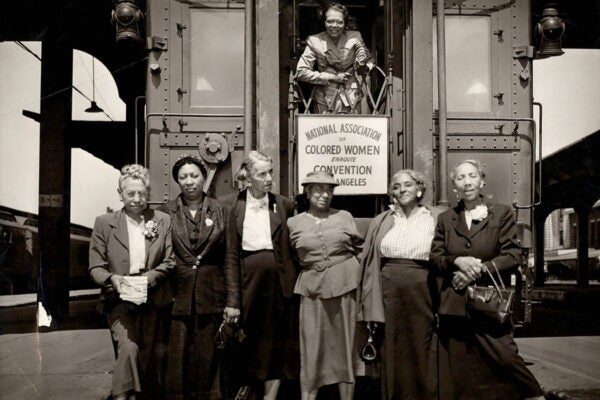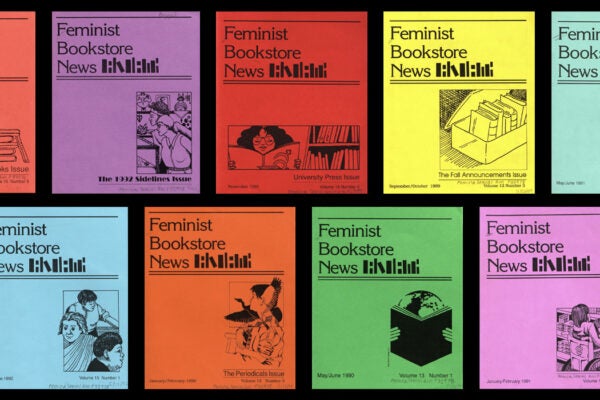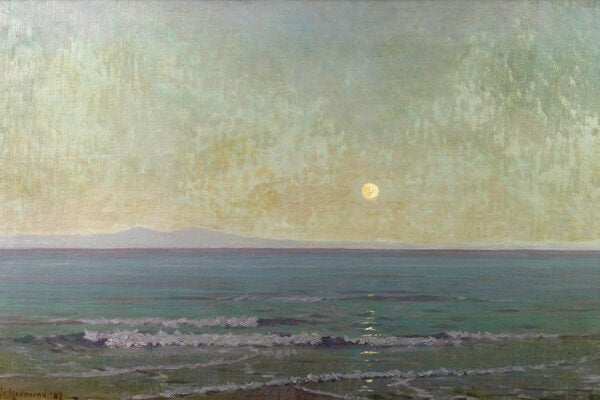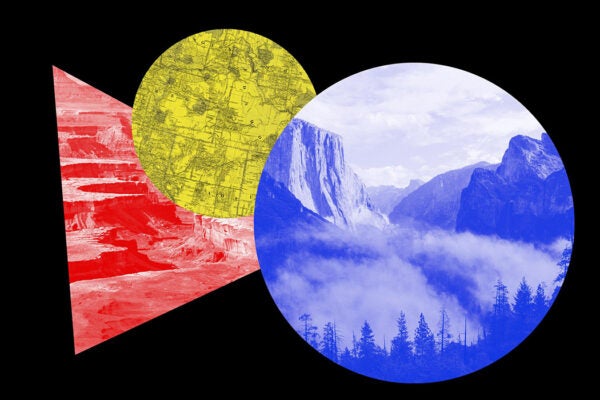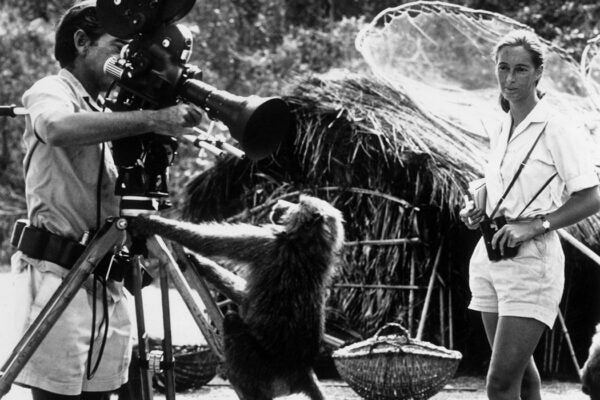Memory’s Role in Chile’s Democratic Rebirth
In post-Pinochet Chile, public memory became a pathway to accountability.
Archive Adventures
Greening Philly’s Neglected Lots
Spearheaded by the Pennsylvania Horticultural Society, an urban beautification program transformed neighborhoods in the city of brotherly love.
Reading Lists
Rights of Nature: A Reading List
What would it mean for rivers, forests, and animals to have legal rights? A global movement is rethinking law’s relationship to nature.
Read Before You Go
Bermuda: The Long and the Shorts of It
A tiny Atlantic outpost once central to Britain’s colonial world, Bermuda’s calm seas conceal centuries of trade, slavery, and superstition.
Perspectives on Public Space
A War on Street Music in NYC
In the New Deal era, New York City banned street musicians, classifying them as beggars. Some New Yorkers fought back.
Most Recent
Souvenir Hunting on the Battlefield of Waterloo
At Waterloo, a site of immense bloodshed, tourists quickly turned the aftermath of war into collectibles.
A History of Fakery on Film
Concerns about AI-made images have deep roots in the earliest years of filmmaking.

